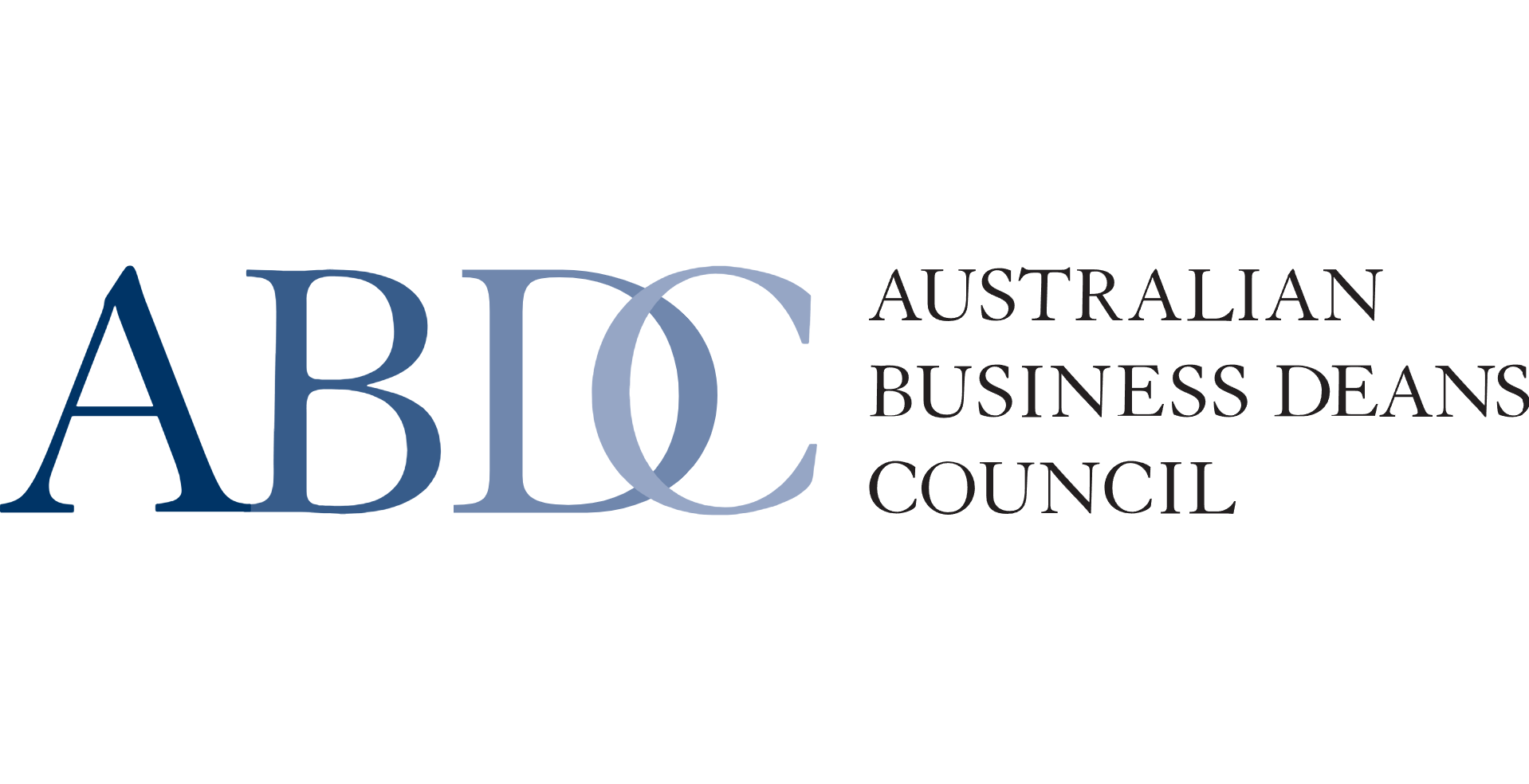SOCIAL MEDIA AND GAMIFICATION ON LEARNING EFFECTIVENESS
DOI:
https://doi.org/10.53555/eijbms.v6i3.106Keywords:
E-learning, social media, gamification, effectivenessAbstract
Along with the times and technology, learning is also experiencing adjustment phases, both in terms of methods and media. In general, obstacles in the learning process are inseparable from both. This paper aims at two things; first, see the participants' interest if learning is carried out with e-learning. Second, how the impact of the use of social media and gamification methods on the effectiveness of learning. The method used is a survey and experiment. The survey is used to find out interests or interests in e-learning methods. Experiments are used to see the impact of the use of social media and gamification methods on selected samples. The results of this study are that social media and gamification methods have a positive effect on increasing the motivation and participation of participants when applied in Indonesia. The MODLE group showed an increase in effectiveness as indicated by an increase in the results of the evaluation of learning. E-learning method supported by social media and gamification strategies can increase learning effectiveness. Participatory and consolidation atmosphere through community of practice should be created to produce positive effect on learning effectiveness.
References
. AlSabbagh, Mouaz (2017), The Impact of Knowledge Management on Organizational Learning (An Empirical Study on the Education Sector in Damascus, Higher Institute of Business Administration Damascus, Syria.
. Alch, M. (2000) Get ready for the net generation. Training & Development.
. Badan Pusat Statistik (2018), Profil Generasi Milenial Indonesia. Jakarta: KementerianPemberdayaan Perempuan dan Perlindungan Anak.
. Dalkir, K., & Liebowitz, J. (2011). Knowledge management in theory and practice.Cambridge: MIT Press.
. Duffy, J. (2000) Knowledge Management: To Be or Not to Be. Information Management Journal, 34, 64-67.
. Flynn, L., Jalali, A., & Moreau, K. A. (2015). Learning theory and its application to the use of social media in medical education. Postgraduate Medical Journal, 91(1080), 556– 560. doi:10.1136/postgradmedj-2015-133358
. Gonzalez, R.V.D., & Martins, M.F. (2017). Knowledge Management Process: a theoretical-conceptual research.
. Grangeia, Tiago de AG et., al (2018), Learn+Fun! Social Media and Gamification Sum Up to Foster A Community of Practice During an Emergency Medicine Rotation, State University of Campinas (Unicamp), São Paulo, Brazil.
. Komorowski, M., Huu, T. D., & Deligiannis, N. (2018). Twitter data analysis for studying communities of practice in the media industry. Telematics and Informatics, 35(1), 195– 212. doi: 10.1016/j.tele.2017.11.001
. Lave, J., & Wenger, E. (1991) Situated Learning: Legitimate Peripheral Participation. Cambridge: Cambridge University Press. http://dx.doi.org/10.1017/CBO.
. Nonaka, I., & Takeuchi, H. (1995). The knowledge-creating company how Japanese companies create the dynamics of innovation. New York: Oxford University Press.
. Omotayo, F. O. (2015). Knowledge management as an important tool in organisational management: A review of literature. Library Philosophy and Practice (e-journal).
. Newgarden, Kristi. (2009). Newgarden, K. (2009). Annotated bibliography: Twitter, social networking and communities of practice. TESOL E-Journal, 13(2)..
. Polanyi, M. (1966). The tacit dimension. London: Routledge & Kegan Paul.
. Pyrko, Igor et., al (2016), Thinking Together : What Makes Community of Practice work?, University of Strathclyde, United Kingdom.
. Reber, Arthur S (1989), Implicit Learning and Tacit Knowledge, Brooklyn College and The Graduate Centre City University of New York, New York.
. Supranto, J. 2000. Teknik Sampling untuk Survei dan Eksperimen. Penerbit PT Rineka Cipta, Jakarta
. Wenger, Etienne. (2009). Communities of Practice: A Brief Introduction.
. Wenger, E. (1998). Communities of practice: learning, meaning, and identity. Cambridge: Cambridge University Press.
. emke, R., Raines, C., & Filipczak, B. (2003). Generations at work: managing the clash of veterans, boomers, xers, and nexters in your workplace. New York, NY, etc.: AMACOM.
Downloads
Published
Issue
Section
License
Copyright (c) 2020 EPH - International Journal of Business & Management Science (ISSN: 2208-2190)

This work is licensed under a Creative Commons Attribution-NonCommercial-NoDerivatives 4.0 International License.



